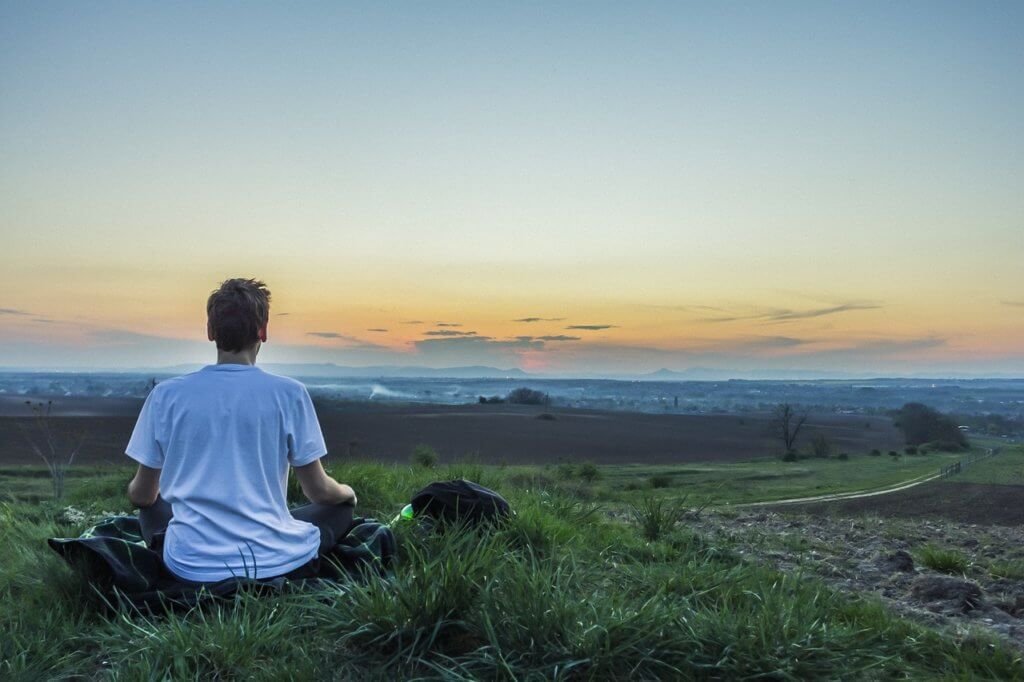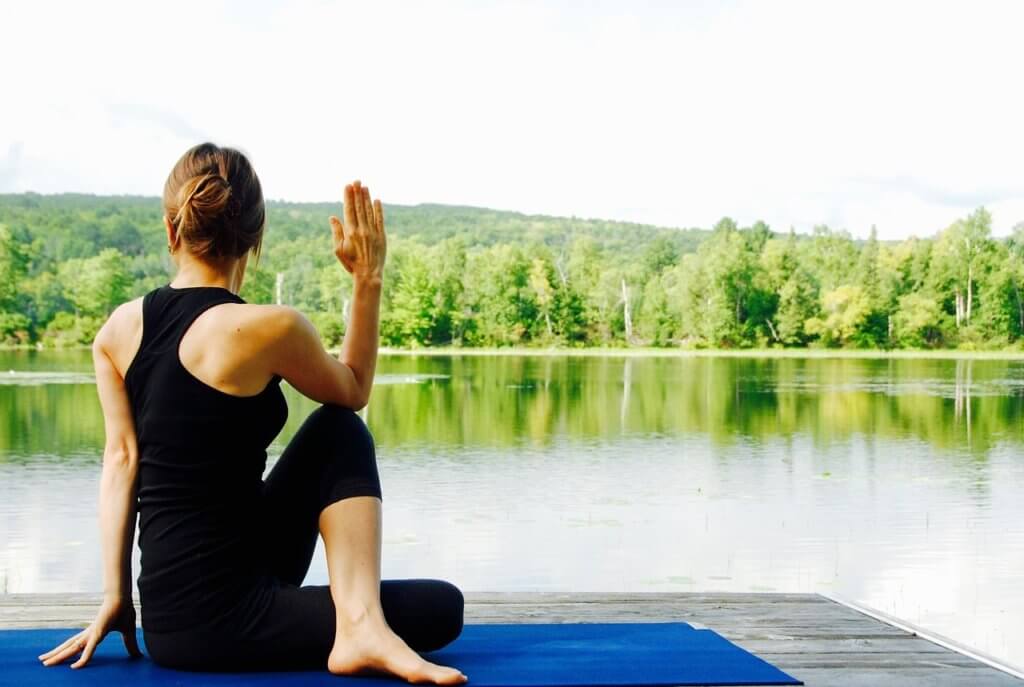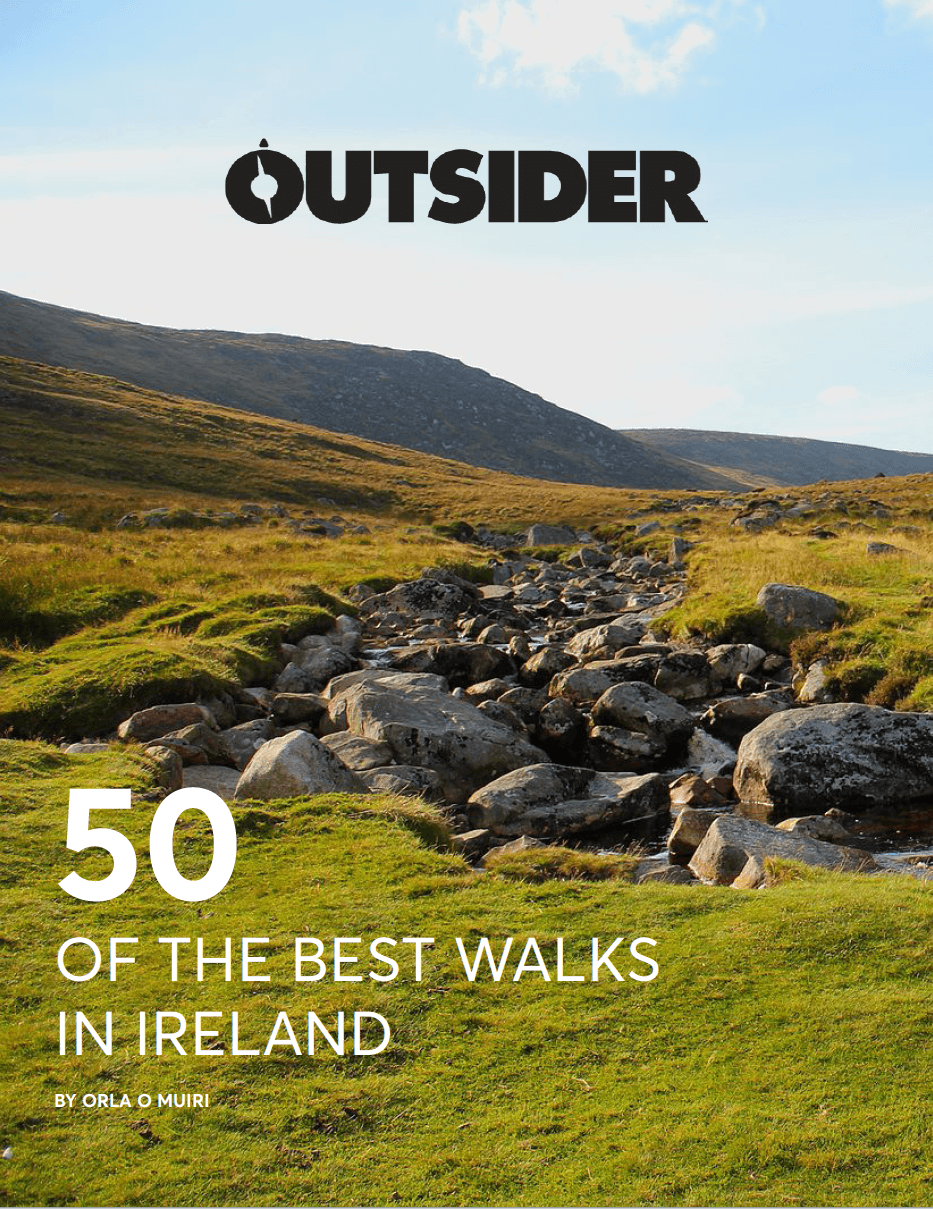Do you wake up with a feeling of dread in the morning? That feeling of tightness in your chest? Fear not, you are not alone. And if you’re like most, you’ve been searching for a way to rid yourself of your morning anxiety so that you can have a more present, fulfilling life.

Two types of people can generally be seen upon entering an office at 9 a.m. First, you have your chipper colleagues, whose wide smiles and lively conversation definitely began two hours earlier, at 7 a.m. Then you have the non-morning people — those of us who tend to want silence until we have our first mug of piping hot coffee.
But, what happens when the general bad mood that greets you the second your alarm sounds, turns into crippling anxiety felt nearly every morning?
For many people, morning anxiety can be a debilitating ailment that begins the moment they toss their covers aside. Nervous, frantic thoughts surrounding work, social, and family life can begin almost immediately after waking. And, once they begin, they’re often difficult to stop.
“Anxiety is always about what is going to happen in the future, anxiety is never about what’s happening right now,” says Mary O’Callaghan, Psychotherapist, mindfulness trainer and founder of Oscailt Integrative Health Centre in Dublin.
In order to quell the nerves and anxious thoughts that invade in the morning, Mary explains that mindfulness is key. Here are just a few ways that you can combat crippling morning anxiety, giving you the freedom to take on the day confidently.
Yoga vs Pilates: Which One Should You Be Doing?
1. Pinpoint What is Making You Anxious
It is important to assess what is creating the nervousness you feel in order to successfully cope with the factors. In many cases, the sheer pace of life leaves little time for self-reflection and self-care. Since a frantic, non-stop, busy life is normalized in society, not many people take the time to step back and recognize the effects that such a hectic schedule has on the mind and body.
“It’s the pace of life. It’s the frenetic nature of it – it disconnects us from ourselves,” says Mary. “I don’t think that people have the capacity to find that ease and that peace within themselves. People are always on – checking their emails, checking their text messages, so we never really have downtime.
“I think we sort of see anxiety as something separate from the way we live our life. I think it is just a symptom of the way we are living our lives.”
What You Can Do:
Instead of reaching for your phone first thing in the morning to read the news or check the latest updates on Twitter, spend just a few minutes pinpointing what exactly is contributing to your anxiety. The initial recognition will aid in the development of accurate coping mechanisms.

2. Limit Your Social Media Intake
After a steady, hard day of work, many people turn to their phone, Facebook and Instagram as their form of ‘relaxation.’ During the times when our brain is meant to be at ease, we are unknowingly flooding it with information in the form of social media.
Recently, Mary has seen an influx of patients between the ages of 18 and 35 seeking help from the centre. These are the ages associated with the generation that is addicted to social media.
“I think people are kind of living a very frenetic life and we don’t often take account of the impact of that on our system,” says Mary. “I think we’ve lost the capacity to really rest, and even when we do get a chance to not be busy, we often try to find things to fill up our time, and usually it’s connected with artificial things like social media.
“Their system gets overworked and they need that capacity to find their own natural relaxation,” says Mary. “Because we’re so busy and because we’re so locked into technology we lose that sense of feeling alive.”
What You Can Do:
Now, social media is not something that can easily be quit “cold turkey.” So, start small. Instead of flicking through Instagram on the bus ride home, phone a friend to chat. Use 10 minutes of your lunch break to leave your phone on your desk and head outside for a walk. Unfollow people or social media pages that make you unhappy. Over time, these small steps can make a huge difference.
3. Take a Hike! (Literally)
In Mary’s experience, patients who have had more regular exposure to the outdoors have experienced decreases in anxiety and an increased level of feeling grounded.
“We don’t always have to sit on a cushion [to meditate]. So when you go on a run or a hike, instead of talking or listening to music, try and see if you can kind of stay with the breath or connect with your feet to the ground. Open out the focus of your attention,” says Mary.
What You Can Do:
Not many of us have time in the mornings to go for a long hike in their local woodland. But, try signing up for a morning yoga class that meets a few days per week. Or, plenty of yoga studios/ gyms offer lunchtime classes to rejuvenate your body and refresh your mind. Maybe hop off the bus a few minutes early to give yourself more time to walk to work. And, the next time you lace-up to head out for a run/hike/walk, ditch the headphones and try to focus on the breath and landscape around you!

4. Come Back to the Breath
According to Mary, one of the most essential forms of coping with anxious moments is to focus on breathing.
“Mindfulness is a way of coming back into our body based on what is happening to us physically, and generally with people dealing with anxiety, they are going into the thoughts surrounding an event that hasn’t happened,” says Mary. “When anxiety arises, we go into the fight or flight mode. But, when we focus on taking slow, deliberate breaths, we get more oxytocin into the body which calms the nervous system.”
In the morning, when you recognize your thoughts spinning out of control before you even have your slippers on, try to focus on taking deep breaths, even for only a few breaths.
“I think we have to recognize, ‘oh, now I’m in my planning mode’ and then you must focus on coming back to the breath and reminding yourself, ‘I’m not at work yet, I still have two hours of the morning to enjoy, can I just be with this?’ says Mary.
What You Can Do:
Instead of ending your day with something you love — try starting it that way. Wake up a few minutes early to make yourself a hearty bowl of porridge. Take a leisurely jog or stroll outside for 30 minutes. Pull up a short YouTube yoga session that you can practice right in your living room.
Lunchtime Adventures: 10 Awesome Places You Can Go on a Just Eat dublinbike
5. Remember, It Takes Time
Although these techniques can help in the moment, they will be much more effective at controlling morning anxiety if you take the time to fully incorporate mindfulness into your life. But, this will take time.
“I’m not an advocate for using mindfulness as simply a technique,” says Mary. “I think that it is something that we have to integrate into our lives. Like the outdoor life, that’s not a technique that’s a way of life. People build it into their lives and they get better at it and practice it. And I think the same with mindfulness. You need to build the mindfulness into your life over time even if it takes 10 or 15 minutes per day.
“I think one of the most liberating things about mindfulness for people is realizing that their thoughts are not facts. Mindfulness is a relationship to life. It’s about how you relate to every moment.”
Check out our Hard as Nails podcast:
Like this? Check out these other articles:










